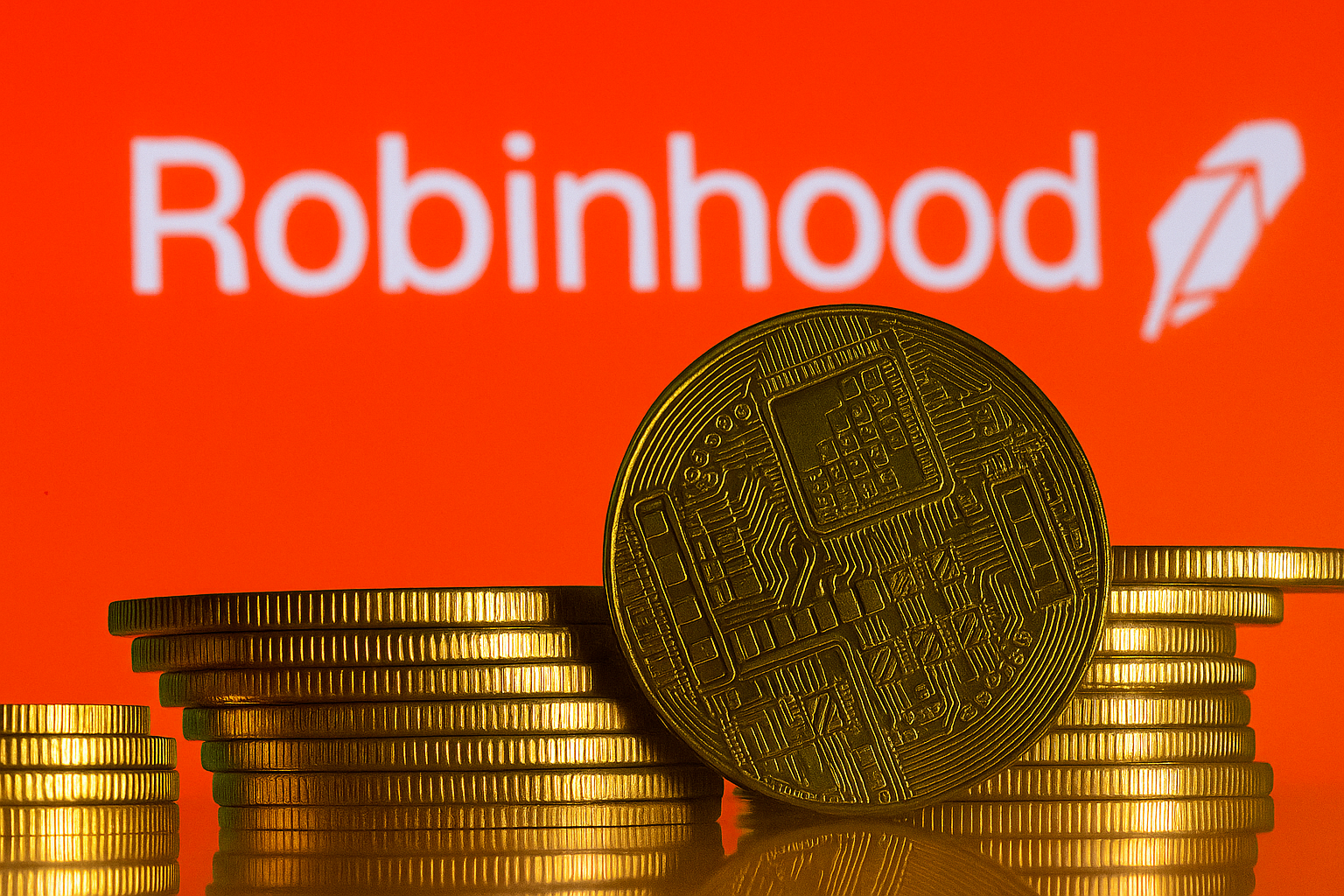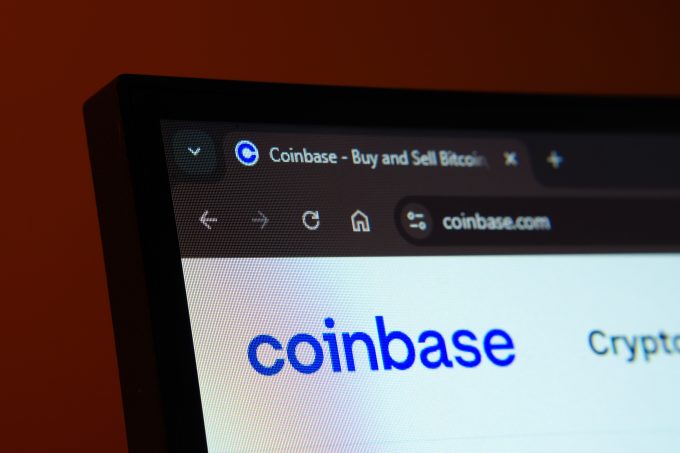3 Key Points:
-
Robinhood’s VP of Finance and Strategy, Shiv Verma, said the company is still debating whether holding Bitcoin or other crypto assets on its balance sheet is “the right thing for shareholders.”
-
While crypto treasury companies have driven strong market performance this year, Verma questioned whether using corporate capital for crypto aligns with Robinhood’s broader growth strategy.
-
Robinhood’s crypto revenues surged 300% year-over-year to $268 million, contributing to Q3 earnings of $1.27 billion, its best quarterly result on record.
By SKN News
Trading platform Robinhood Markets (NASDAQ: HOOD) is taking a measured approach to joining the wave of companies adding Bitcoin (BTC) and other digital assets to their balance sheets, despite record crypto revenues and growing investor interest in corporate crypto treasuries.
Speaking on Robinhood’s third-quarter earnings call on Wednesday, Shiv Verma, the company’s vice president of finance and strategy, said management has been carefully evaluating whether holding crypto makes strategic and financial sense.
“We spent a lot of time thinking about this,” Verma said in response to a question about whether Robinhood would adopt a Bitcoin treasury model. “We like alignment with the community. We are a big player in crypto. We want to keep doing it. We like that our customers are engaged in it.”
But, he added, “Is it the best use of our capital? There’s a lot of different things you’re doing — from new products, to growth, to investing in engineering.”
Cautious Approach Despite Crypto Success
Robinhood’s hesitation comes even as the company’s crypto business has become a key revenue driver. The firm reported Q3 revenues of $1.27 billion, more than double the previous year’s figure, fueled by a 300% increase in crypto trading income, which hit $268 million.
The company has become one of the most prominent retail trading gateways for crypto in the United States, offering access to major tokens such as Bitcoin (BTC), Ethereum (ETH), and Dogecoin (DOGE) through its app.
However, Verma indicated that Robinhood prefers to let shareholders make their own investment decisions rather than allocating corporate funds to volatile assets like Bitcoin.
“Our shareholders can also go and buy Bitcoin directly on Robinhood,” Verma said. “So are we making that decision for them? There’s pros and cons to both of it. It’s one that we’re going to keep actively looking at.”
Crypto Treasuries: A Booming but Risky Trend
The comments come amid a surge in corporate Bitcoin accumulation, with dozens of public companies and funds adopting digital asset treasury strategies in 2025.
Data from Bitwise Asset Management shows that more than 200 firms now hold over 1 million BTC collectively, worth approximately $103 billion. High-profile participants include MicroStrategy, Marathon Digital, and Prenetics, whose stock prices have soared alongside Bitcoin’s rise to above $100,000 this year.
Still, analysts caution that the crypto treasury boom may not be sustainable. With so many companies pursuing similar strategies, some could be overexposed to market swings or forced into risky diversification moves to differentiate themselves.
“Crypto treasury companies may need to take bigger risks or start acquiring one another to remain afloat,” said Omid Malekan, a Columbia Business School adjunct professor who has written extensively about the trend. “The sector is starting to show signs of over-saturation.”
Verma’s remarks suggest that Robinhood wants to avoid that trap. While owning Bitcoin might signal alignment with the crypto community, he said, it also ties up capital that could be deployed toward product expansion, regulatory compliance, and engineering innovation — all key to Robinhood’s long-term competitiveness.
Balancing Growth and Identity
For Robinhood, the dilemma reflects a broader tension between its crypto-native customer base and its fiduciary duty to shareholders.
As one of the first mainstream platforms to integrate crypto trading, Robinhood has positioned itself as a bridge between traditional finance (TradFi) and digital assets. But as crypto becomes a larger share of its revenue mix — and as peers like PayPal and Square deepen their crypto exposure — Robinhood faces pressure to clarify its own commitment to the sector.
“Buying and holding Bitcoin could help Robinhood align more closely with its crypto user base,” said Daniel Cho, a fintech analyst at MarketScope Research. “But given how volatile corporate treasuries can be, management is right to move carefully. One wrong move could erase the goodwill they’ve built with investors.”
Outlook: Watching, Waiting, and Building
Verma emphasized that Robinhood isn’t ruling out adding Bitcoin to its balance sheet — it’s just not rushing the decision.
“It’s one that we’re going to keep actively looking at,” he said. “We like the community and we want to keep serving it. But we also have to think about what’s best for shareholders.”
With Robinhood’s crypto revenues climbing and Bitcoin treasuries becoming a hallmark of forward-thinking companies, the question isn’t whether Robinhood can afford to hold Bitcoin — but whether it needs to.
For now, the company appears content to profit from enabling others’ crypto investments rather than becoming a crypto treasury itself.
Comparison, examination, and analysis between investment houses
Leave your details, and an expert from our team will get back to you as soon as possible













Leave a comment